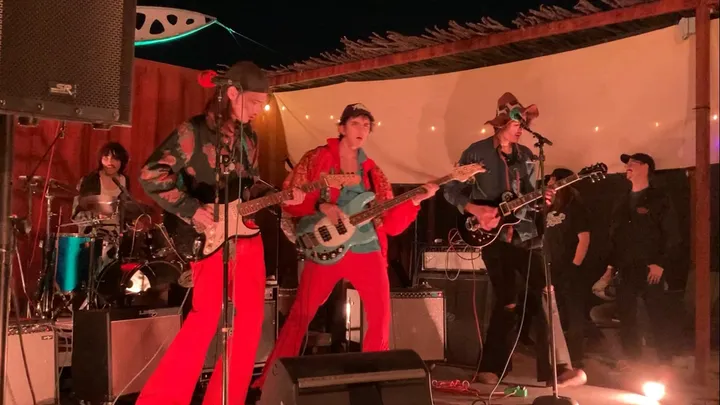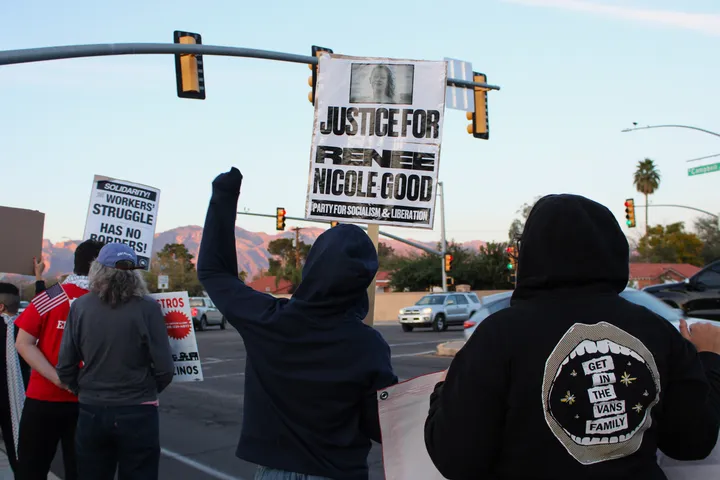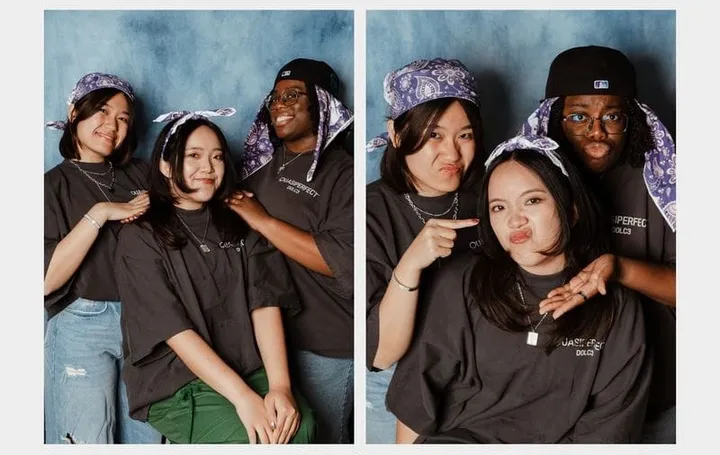Healing, heritage and activism at Tucson’s Yolia Botánica
Guadalupe Tineo turned her journey through trauma, migration and healing into Yolia Botánica, a Tucson sanctuary where marginalized communities can reclaim identity, find peace and build collective power.
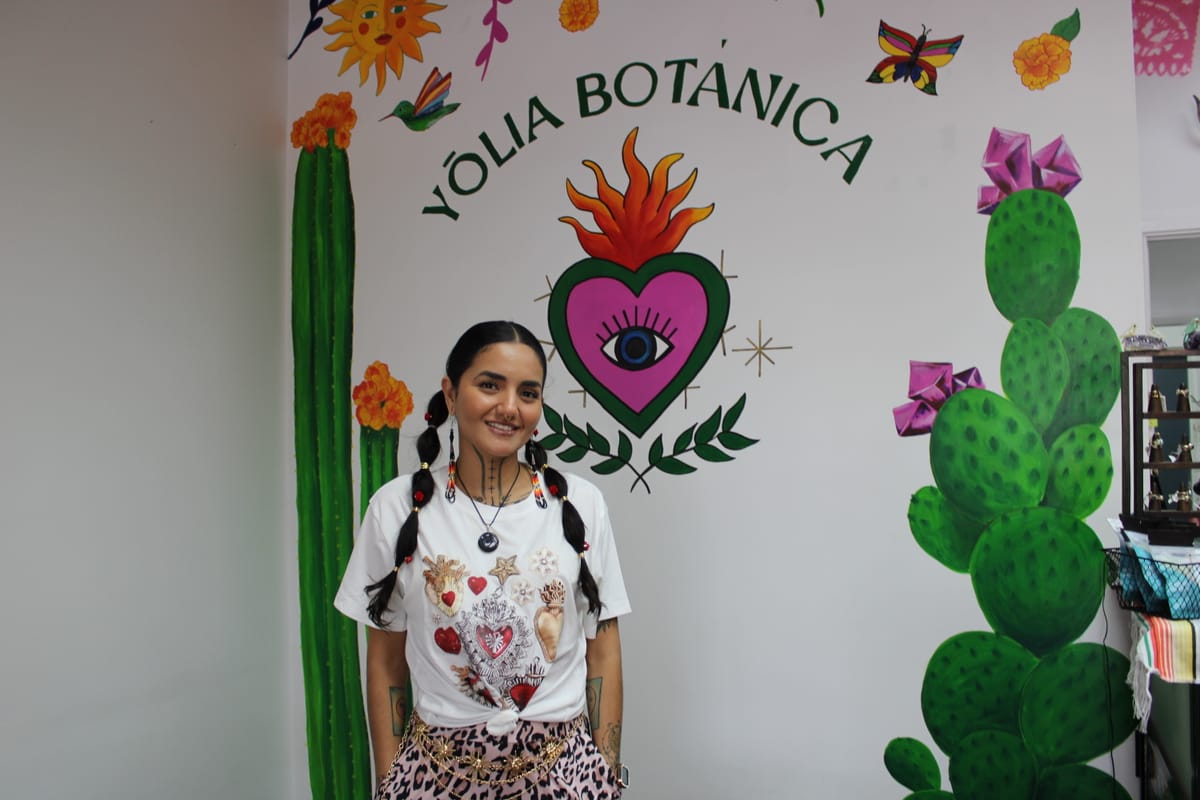
Amid the trauma of forced migration, political unrest and personal loss, Guadalupe Tineo found healing and transformed it into a space for others to do the same.
Her Tucson-based Yolia Botánica is a queer-affirming, desert-rooted sanctuary that blends herbalism, ancestral wisdom and activism. More than a shop, it’s a space where marginalized communities can reconnect with their roots, find peace and reclaim power in a world that often denies them both.
Yolia, located on West St. Mary’s Road, offers herbal remedies, ritual tools and energetic support/ But for Tineo, it’s more than a business.
“It’s a tribute to other immigrant creators, to other queer people in our community that are making magic, that are using their cultures, healing practices and making their own as means of reconnecting to who they are,” she told Tucson Spotlight during a recent visit to the shop.
Tineo is familiar with that yearning, having moved to Arizona from Mexico in 2003 when she was just 9 years old.
“Assimilating costs immigrant families everything,” she said. “It means you have to stop doing things you would do back home and little by little, you start to lose pieces of yourself and pieces of who you are.”
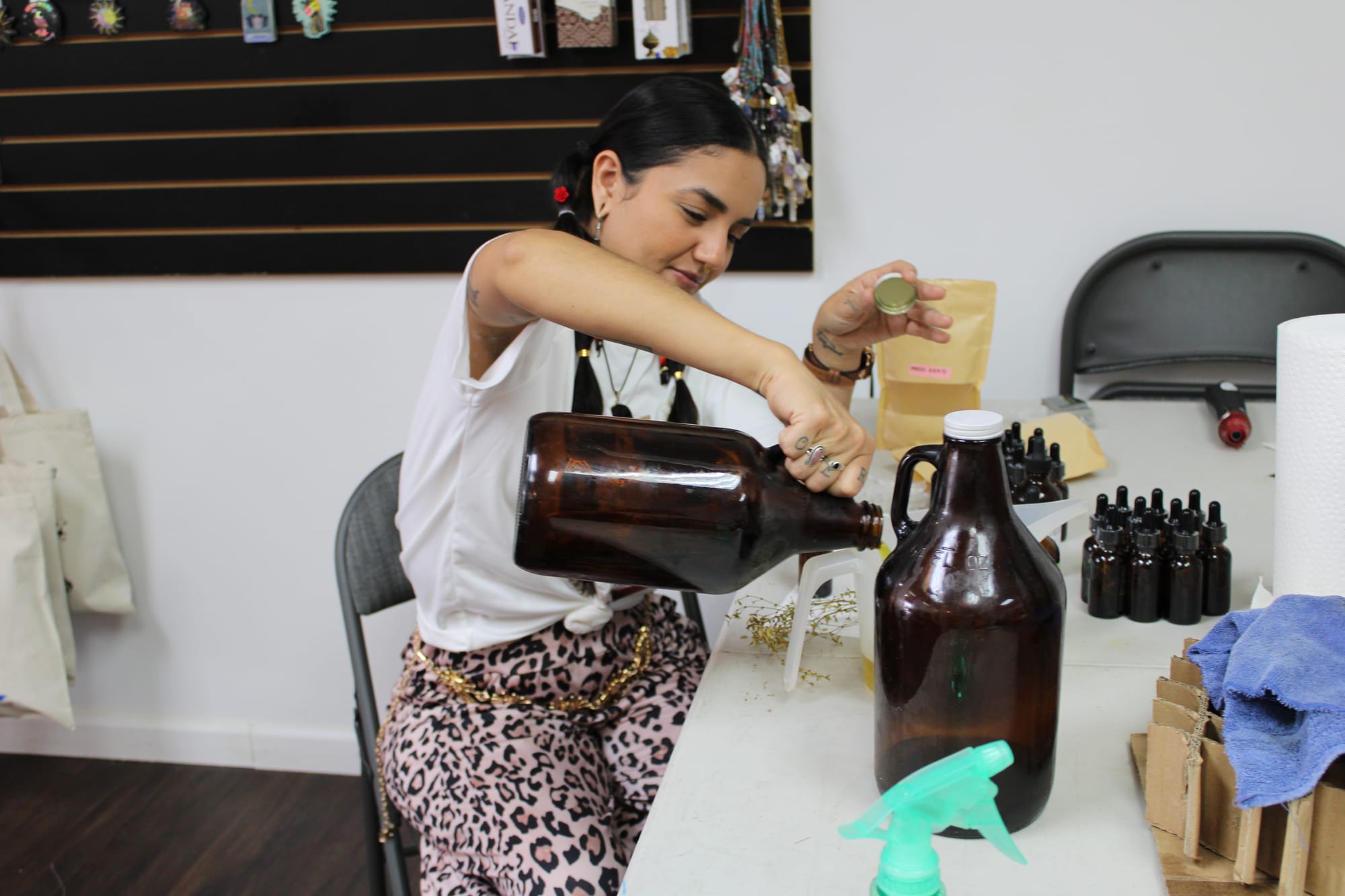
As a child, she struggled with what doctors called depression, but as she grew into an adult, wife and mother, she began to understand the deeper roots of her pain.
A turning point came when she read Dr. Jennifer Mullan’s “Decolonizing Therapy.”
“Until I read her book, I didn’t understand that there was nothing wrong with me (and that) what I was experiencing as a child and young adult were residues of the effects of forced migration, trauma that for the lack of understanding and education the doctors called depression and anxiety,” she said.
Tineo’s life has been deeply shaped by her undocumented status and the instability it brought, including her father’s repeated deportations.
“It was really difficult to navigate when you don’t have a place that makes you feel safe,” she said.
But even after marrying a U.S. citizen and having a son, the path to legal status wasn’t easy.
“I fought for five years,” she said. “Even though I didn't have a criminal record, the immigration system makes it really difficult for people to find accessible ways to a legal status.”
In 2018, while struggling with postpartum depression and lack of access to care, she had what she calls a suicidal breakdown, saying she was too afraid to seek medical help for fear of deportation. She eventually ended up at a crisis center and faced an impossible choice: stay and risk immigration agents showing up, or walk out and pretend it never happened.
“I walked out of there with my tail tucked between my legs,” she said. “I was full of shame and guilt that at my most vulnerable, I couldn’t be seen as a human being, only as an illegal alien.”
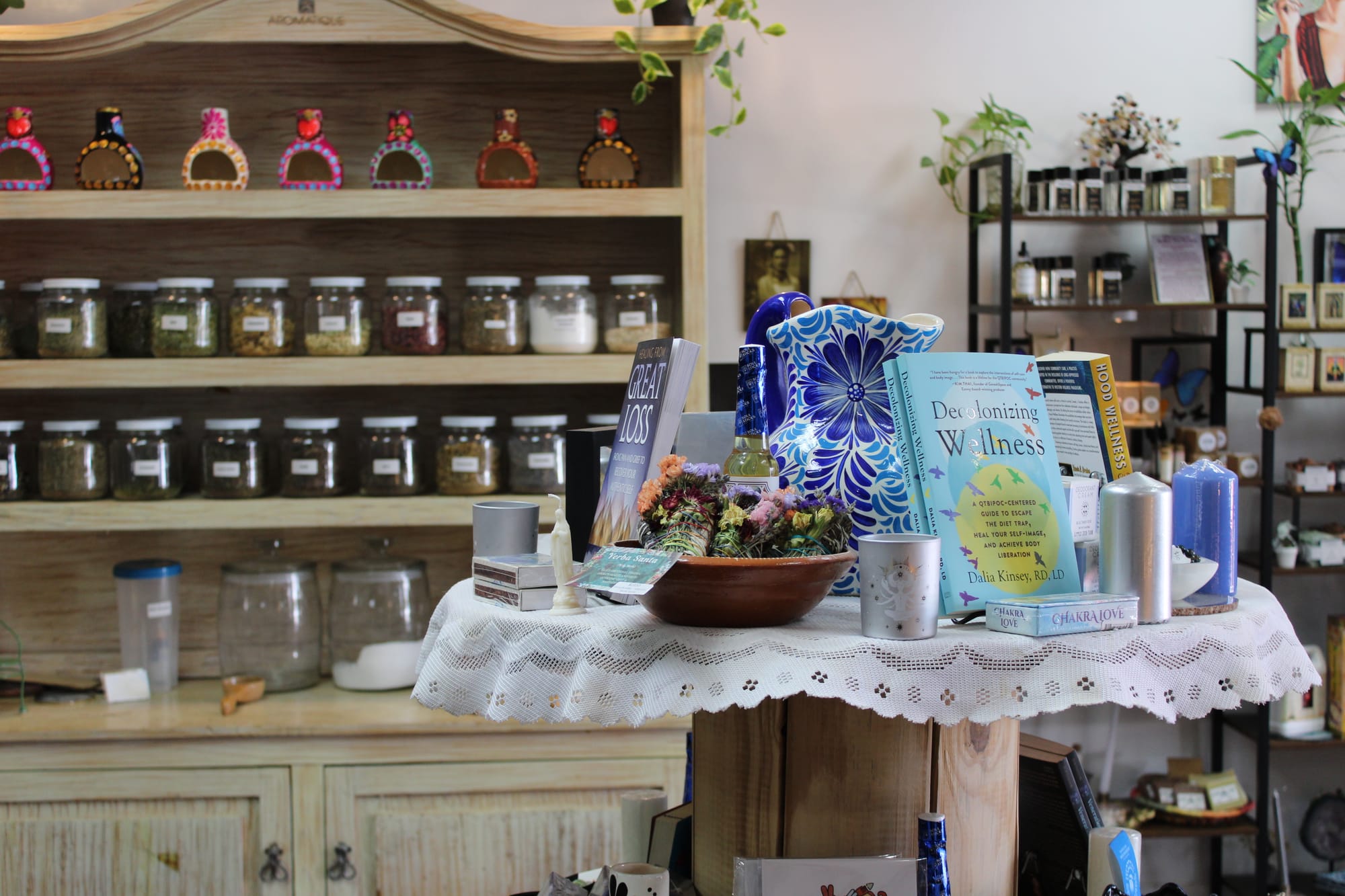
Two months later, she received a denial notice from USCIS for her immigration application.
“It felt like another slap in the face,” she said.
But instead of giving up, she chose to shift her mindset.
“I had to stop looking at my life like it was just one big loss and waste of error and that I wasn’t going to be worthwhile without that paper. I chose to do what I could with or without that paper and let destiny carry me to where I needed to be,” she said.
With support from a Congressional office, she uncovered errors in how her immigration case was handled. After submitting a waiver to address the issue, she finally received her green card on Dec. 31, 2018.
“It was such a relief to see my name and face on a valid ID,” she said.
After more than a decade of watching her sister do all the things she couldn’t do — attend school trips, college and travel freely to and from Mexico — Tineo finally had the same freedoms.
“I think all of this was destined to happen so that I could be where I am right now,” she said. “Because now I get to be the safe space for others that I wanted when I was growing up and when I needed it most.”
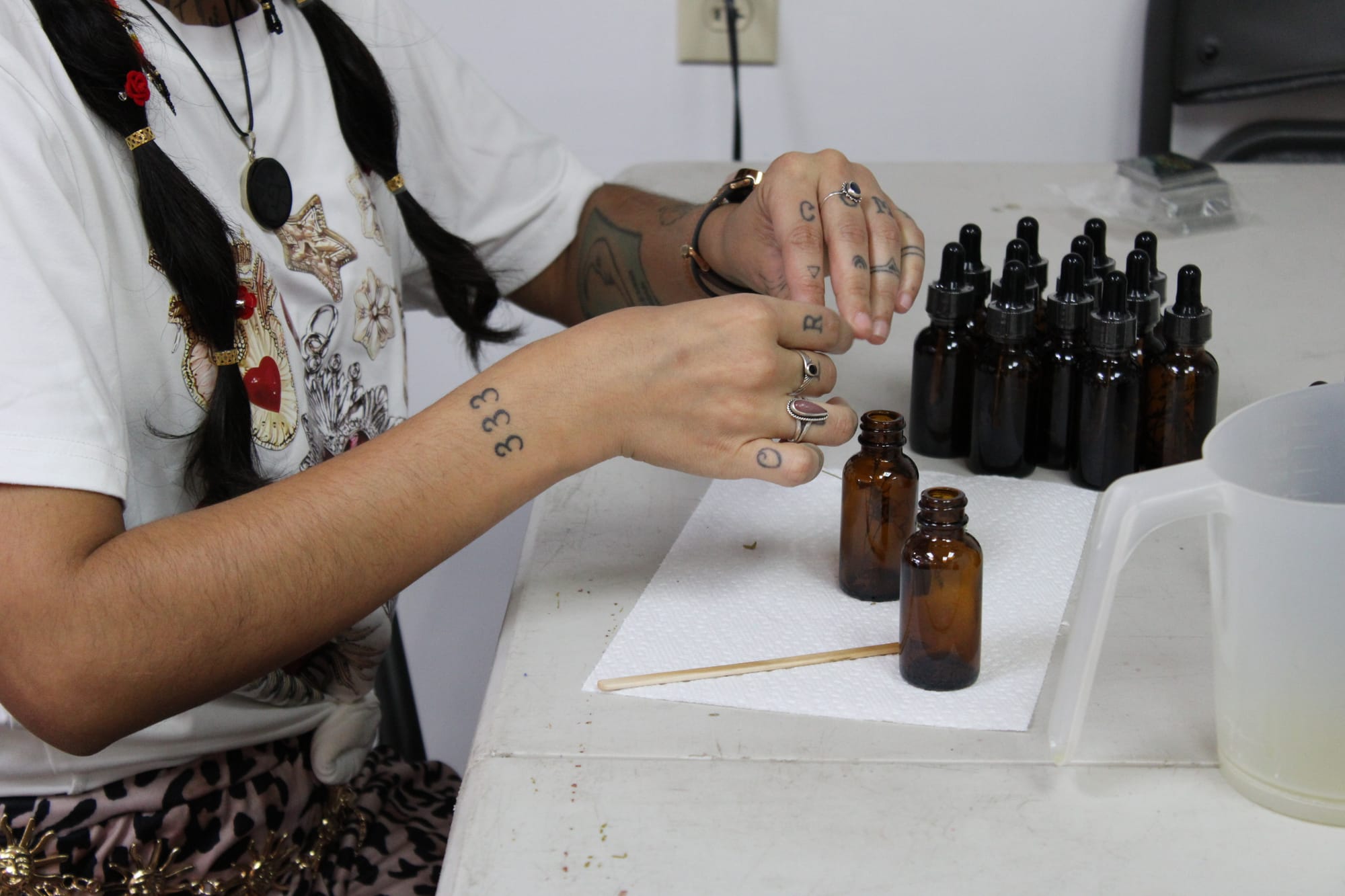
Yolia Botánica includes a lounge area with a lending library and curated collections of herbal remedies, altar items and spiritual tools.
“People don’t have to spend money here,” she said. “It’s really about: Do you want to keep living in the cycles that made life so painful, or do you want to try something different?”
Tineo sources her products ethically and intentionally, often working with other small-scale makers. As a student of curanderismo, she also offers limpias — spiritual cleansings rooted in Indigenous and Mexican traditions — as part of her broader commitment to healing. Much of her work is rooted in breaking generational patterns.
And now, as federal policies target marginalized community members in Tucson and beyond, Yolia has expanded its offerings to include events related to community building, cultural celebration and social justice.
On Feb. 28, as part of a 24-hour "economic blackout" organized by The People’s Union USA to protest rising prices and corporate policies, Yolia opened its doors for a free crafting workshop, inviting community members to sit in solidarity and create a miniature spell jar.
Since then, Tineo has held regular events coinciding with federal action or mounting unrest. This week, she invited Instagram followers to participate in the creation of communal cleansing water, with commentors offering items including citrus, herbs and more.
She’s also been a champion for small businesses in Tucson and beyond, challenging her Instagram followers to support local businesses instead of retailers like Target or Amazon.
“There has to be someone who says, ‘Enough.’ And for a lot of us, we’re that person,” she said. “I became who I needed. I became the elder that I needed, I became the teacher that I needed, and I became the safe space that I needed. And when I became that for others, is when I found me, and it’s when I found myself in the reflection of my entire community.”
Isabela Gamez is a University of Arizona alum and Tucson Spotlight reporter. Contact her at gamezi@arizona.edu.
Tucson Spotlight is a community-based newsroom that provides paid opportunities for students and rising journalists in Southern Arizona. Please support our work with a paid subscription.

